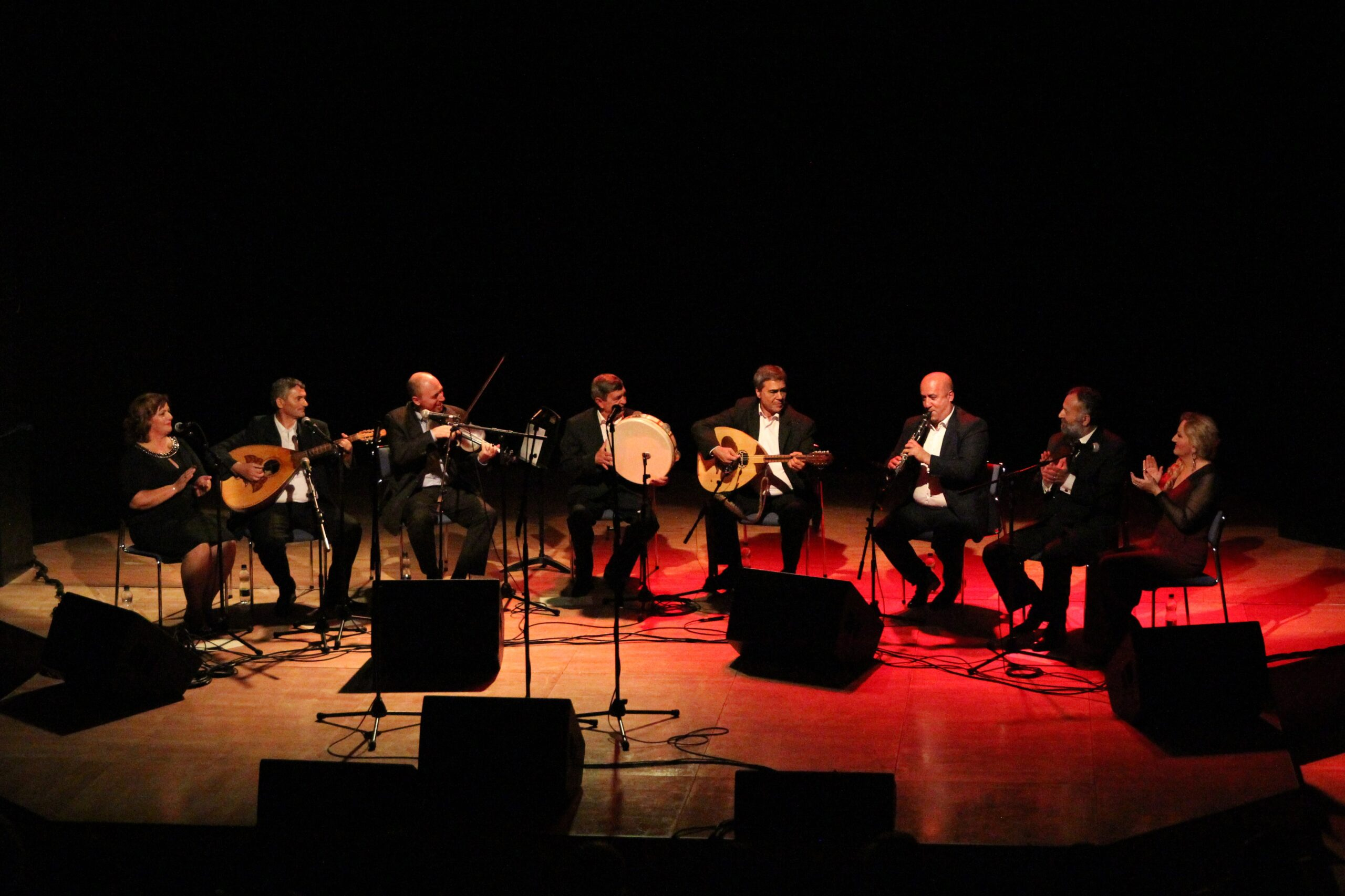
Nicholas Tochka: There was no blueprint for how to manage culture in a socialist society
Ethnomusicologist talks Ardit Gjebrea, cultural production in Hoxha’s Albania and saxophones.
One-on-one | Music2024.05.09
I was really interested in the way that culture shapes music, especially in societies that were different from my own.
And so I think people have retrospectively looked back through the 1970s and 1980s and seen this as a period that was highly politicized in terms of cultural production.
A lot of Western rock critics and popular music scholars have this belief that the individual singer-songwriter is someone who's going to bring down the Berlin Wall or speak truth to power in these illiberal societies.
Kosovar Albanians, because they had lived in Yugoslavia, had quite a bit more exposure to certain kinds of Western rock and pop styles because many had traveled in Western Europe.
How do you transition into a period where the modernness and even the Albanianness of some of these cultural forms has been really thrown into question?

Daniel Petrick
Daniel Petrick is K2.0’s former Senior Editor. He writes about the Balkans.
Explore more







